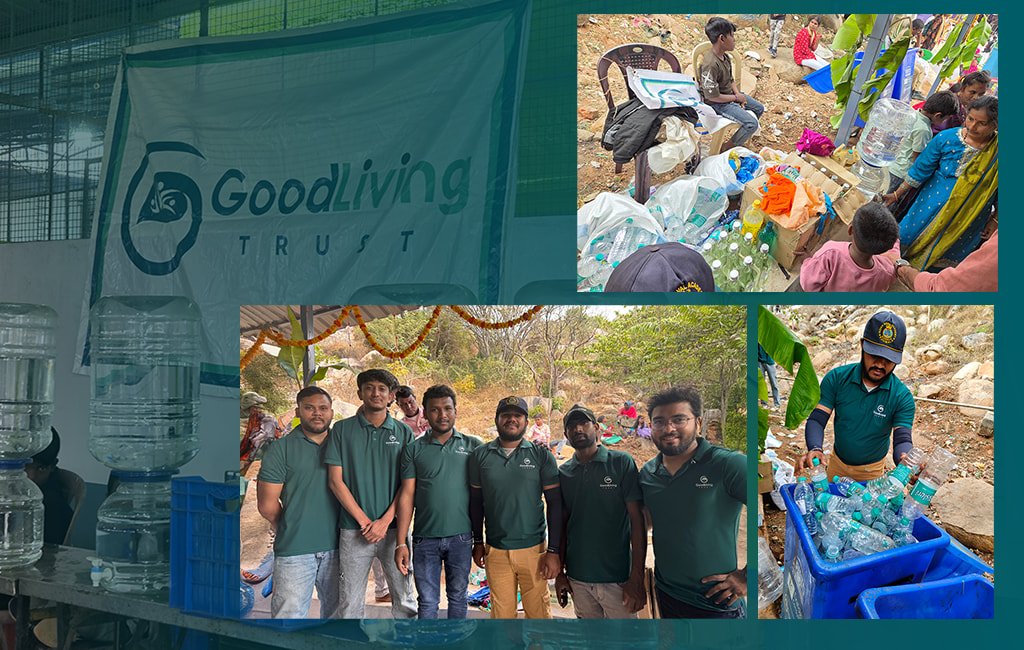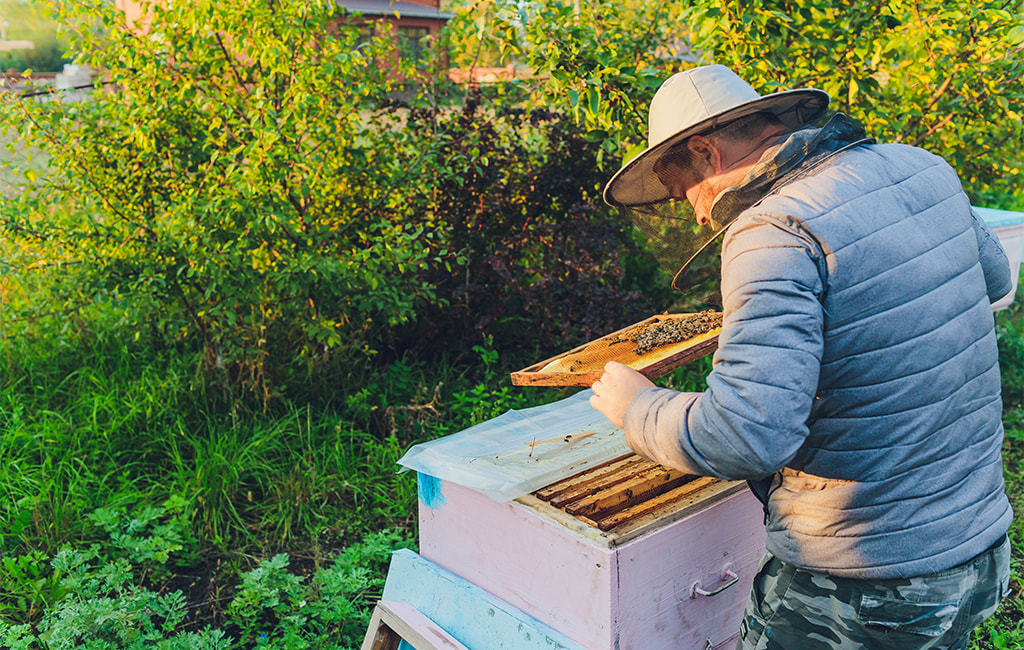With the increase in population and consequent surplus demand for food production, extensive strain has been put on our lands and resources to produce food. It has been using a lot of our natural resources and deteriorating the planet. Terribly we do not utilize all the food produced, more than one third of it is wasted. Food wastage happens at various levels of the food system, namely farming, processing, transferring, selling, cooking, and eating. This wastage of food deprives someone else of their necessity in life – food and nutrition. Every third child in India is malnourished. Resolving food wastage in India could help these malnourished kids. Undoubtedly, we all need to eat food, but it is crucial to realize the detrimental effects of food wastage on humankind and the planet.
How Food Wastage happens?
Variety of factors lead to food wastage. Pests and bad weather can destroy crops. Food can also be ruined during transportation. Supermarkets or groceries throw away items that are not aesthetically pleasing. Inefficiency in planning food requirement leads to wastage. Sales and all you can eat buffets stimulate people to buy more than they need.
How Food Waste Affects the Environment.
When we waste food, we are wasting all the resources utilized in producing food. Transporting the wasted food emits carbon dioxide from vehicles. The ultimate destination of food wastes are the landfills, huge volumes of organic waste in landfill decompose to produce greenhouse gases such as Methane, a heat trapping gas contributing to climate change. It also exterminates the opportunity to enhance soil nutrition and grow more food.
Food wastage harms biodiversity. To grow food, more and more forests are destroyed. To grow livestock, lands are made into pastures, fishes are caught extensively without contemplating the magnitude of species depletion.
By reducing food waste in landfills, we can reduce our carbon footprint and reinstate the essential nutrients back to the soil. We can reduce food waste by implementing food waste management decisions and food waste recycling. While many aspects of it would be uncontrollable, there are small ways in which we can reduce food wastage.
Below are few effective and environment-friendly ways to food waste reduction, lowering the cost and the harmful effects on the environment:
1. Plan when shopping – Pen down all supplies that is running out. Ensure to scour through the refrigerator and food cabinets and ensure to finish existing supplies before proceeding to shop. Making this a practice prevents impulse purchases and help you buy only the products and the right quantities you need.
2. Planning your meal – Make meals plan for the week. This also helps in preparing the shopping list. Use items according to their shelf life. First use items that are prone to spoil fast. When cooking at home, cook the right quantity and refrigerate the leftovers for reusing. Even if food gets spoilt, try to compost it.
3. Use leftovers innovatively – Many kitchen wastes are beneficial for the skin. For instance, Potato peels are amazingly effective for dark circles, treating acne, for shiny hair. Watermelon rinds are effective in treating acne. Apple peel is effective in preventing premature aging, reducing dark circles, to make apple cider vinegar and to clean stains on aluminum utensils. Aging vegetables and fruits can be used to make pickles, relishes, jams, etc. Leftover vegetable stalks of broccoli, celery, aging carrots, onion and garlic peels, herbs, bones from meat and chicken can be used to make stock or soup. Leftover fruits can be used to make smoothies or ice cream. Stale bread can be used to make breadcrumbs or rusks. Citrus peels can be candied or boiled with other essential oil for aromatherapy.
4. Share food – In cases of excess food on any occasions such as get together or parties, ensure you share it with someone or plan to deliver to a needy person or orphanage provided you ensure the compliance rules and food hygiene norms.
5. Compost – Its one of the easiest ways to recycle your own food scraps be it kitchen or garden wastes. Setting your own small composting bin that fits your space or checking the availability in your neighborhood or setting up a common composting facility for your area would encourage every community members to adopt this practice and divert the food waste from landfills. Maybe a farmer near your area would be interested in food waste collection as they have high probabilities of having a compost pit. Composting not only reduces harmful impacts from food wastes but enhances soil texture and nutrition that enables food and plants to grow again. Items that can be composted are: Eggshells, Vegetable and fruit wastes, tea and coffee leaves, nutshells, dry leaves, twigs, ash, wood chips, shredded newspaper, paper, cardboard etc. can be composted by placing them in composting bin in dry spot. Two parts of food waste to one part of dry waste would be ideal. Compost should be slightly moist, hence add water whenever required. When it reaches a dark and crumbly texture, it can be used to enrich your soil. To avoid odors and pests, frequently mix the material and keep them aerated. Moreover, do not add meat, fish, poultry, dairy products.
6. Biogas Production – Food waste can be used to produce Biogas by anaerobic digestion, which is the breaking down of food by bacteria in an oxygenless environment.
7. Recycle Food Packaging – Wrappers, container,s and cartons can be collected and recycled.
8. Promote restaurants and groceries that undertake food recycling. All of us are increasingly aware of environmental issues and supporting businesses that adopt sustainable practices will help our environment and set this as an encouragement for other establishments to follow.
Most Viewed Posts

Clean and Green Fair at Hulukudi Hills
Read More
Buzzing Towards Sustainability: Honeybee Cultivation in Sulikunte
Read More
Little Hands, Big Impact Afforestation Drive with Kids at Chennaveranahalli
Read More
Sacred Flow Cleanup Campaign A Landmark in Sacred Environmental Action
Read More
Growing Green Minds A Plastic Free Session at Chennaveeranahalli High School
Read MoreCategories
24
1
Leave a Comment